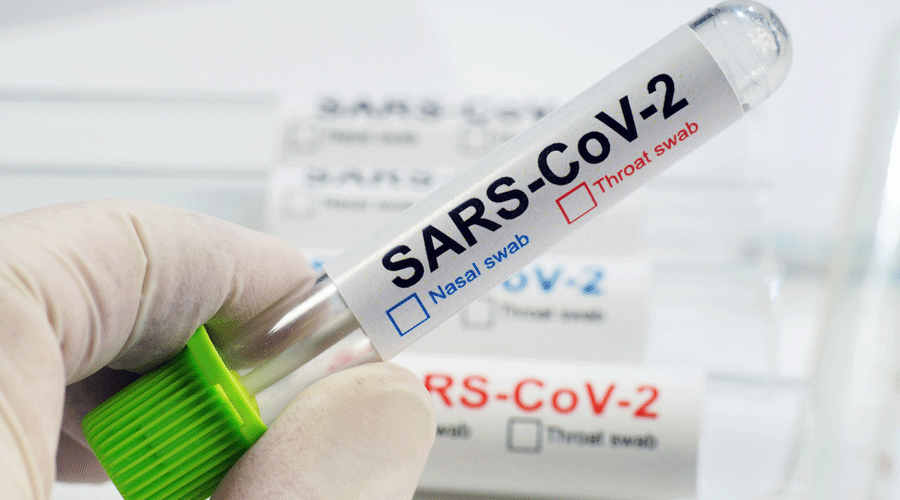Immune memory cells that emerge from exposure to some common cold viruses also recognise SARS-CoV-2, the microbe that causes the coronavirus disease, scientists have discovered and speculate that this could be one reason underlying different Covid-19 severity levels.
Scientists at the La Jolla Institute (LJI) in the US have found that memory helper T cells that recognise common cold coronaviruses also recognise matching molecular structural sites on SARS-CoV-2, corroborating similar observations by researchers in Germany in April this year.
The Tcells represent one arm of the multi-armed immune system that helps fight infections.
“This could help explain why some people show milder symptoms of disease while others get severely sick,” Daniela Weiskopf, an assistant professor at the LJI said in a media release. “Immune reactivity might translate into different degrees of protection. Having a stronger T cell response or a better T cell response might give you the opportunity to mount a much quicker and stronger response.”
But the LJI researchers and others who were not involved in the study have cautioned that the proposed association between memory T cells and disease severity is still speculation and would need to be proven through more research.
An independent study by researchers in Germany had earlier found that 24 (35 per cent) of 68 healthy individuals with no prior exposure to SARS-CoV-2 had T cells capable of recognising the coronavirus — specifically structures on the coronavirus spike protein that show some similarity to corresponding spike proteins in otherwise harmless common cold coronaviruses.
Earlier studies suggest that human coronaviruses account for around 20 per cent of common cold upper respiratory tract infections that typically affect an average adult twice every year. Scientists believe an average adult develops a common cold coronavirus infection every two to three years.
“If we assume these cold viruses are capable of conferring a certain level of immunity against SARS-CoV-2, this would mean people who have had frequent exposure to such infections in the past and who test positive for the cross-reactive T cells should have better protection,” said Andreas Thiel, a senior researcher at Charité – Universitätsmedizin Berlin, who supervised the study.
The German government has now funded a study in which researchers will track populations at risk for Covid-19, including people with such T cells, for several months to predict the course of the infection in people with and without previous SARS-CoV-2 infections.
The LJI scientists in the US have also found T cells in people never exposed to SARS-CoV-2 but that react to both SARS-CoV-2 and four types of common cold coronaviruses.
Their findings, published on Tuesday in the US journal Science, suggest that fighting a common cold coronavirus can also teach a T cell to recognise some part of the SARS-CoV-2.
“These are intriguing observations, but the presence of T cells cross-reacting for SARS-CoV-2 need not translate into efficient protection from the infection,” said Dipyaman Ganguly, a clinical-immunologist at the Indian Institute of Chemical Biology, Calcutta.










